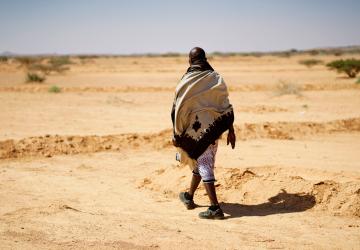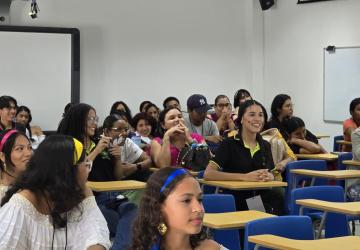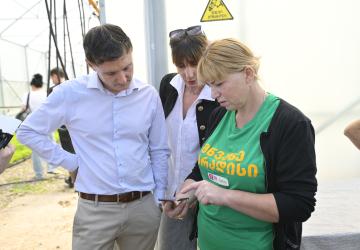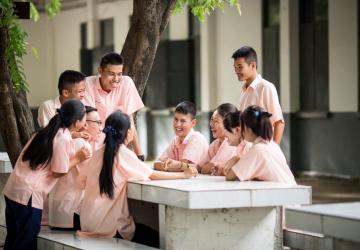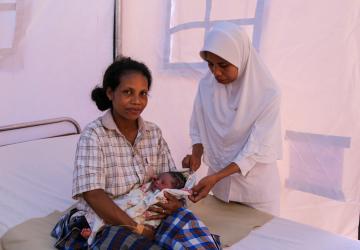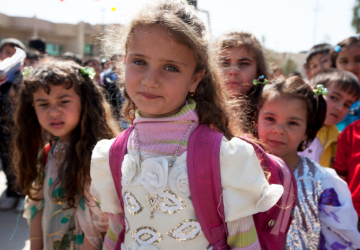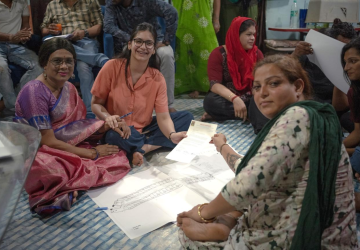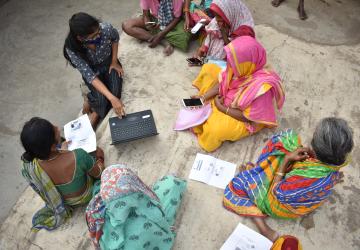UN Deputy chief commends innovative SDG Initiatives by Resident Coordinators across the Asia-Pacific region
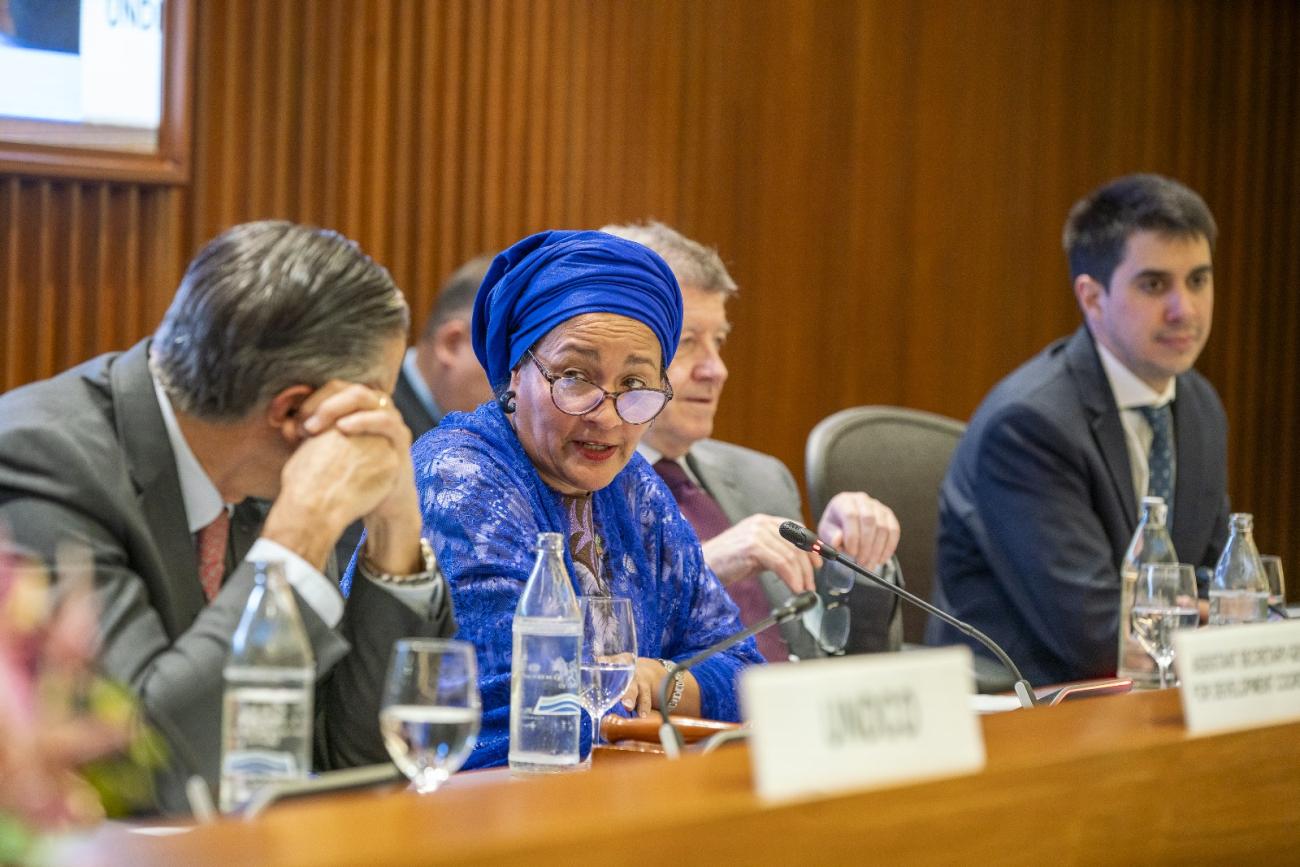
The annual meeting with Resident Coordinators (RCs) across Asia-Pacific was held in Bangkok on 19 February. During the meeting, UN Deputy chief, Amina J. Mohammed, heard from RCs about their experience in helping member states drive the Sustainable Development Goals (SDGs) and facilitating multilateral cooperation, particularly in anticipation of the upcoming Summit of the Future.
From tackling complex governance issues in Papua New Guinea to fostering trust through early warning systems in Bangladesh, RCs across Asia-Pacific are demonstrating leadership and creativity in driving progress towards the SDGs.
Emphasizing the critical role RCs play in accessing expertise across the UN system, Ms. Mohammed underscored the significance of leveraging resources from the Regional Collaborative Platform and utilizing the UN Country Teams’ collective strengths to find effective and efficient solutions. Highlighting challenges faced by the region, Ms. Mohammed noted a 30 per cent decline in foreign direct investment flows to least developed countries in 2022 and the impact of over 140 disasters in the same year.
Reflecting on the current state of SDGs in the region, Ms. Mohammed remarked, "Progress lags behind by 32 years from the target. Without intensified efforts, the region is at risk of missing 90 per cent of the measurable SDG targets by 2030."
Ms. Mohammed was joined by Under-Secretary-General for Policy Guy Ryder, Assistant Secretary-General for the Development Coordination Office Oscar Fernandez-Taranco, Assistant Secretary-General for Youth Affairs Felipe Paullier and Regional Director for Asia and the Pacific for the Development Coordination Office David Mclachlan-Karr.
In Papua New Guinea the Resident Coordinator Richard Howard is leveraging the new Cooperation Framework to address challenges in governance, peacebuilding, and gender equality. Amidst a complex geopolitical landscape, the UN is utilizing its tools and partnerships to address critical issues, including social protection for vulnerable populations.
Vietnam sets an example for SDG financing with Resident Coordinator Pauline Tamesis highlighting the government’s strategic investments in energy transition, social sectors, and digital transformation. These investments aim to achieve growth, poverty reduction and cut down on carbon emissions by using strong economic planning.
Peace dividends and multilateralism take center stage in Iran under the guidance of Resident Coordinator Stefan Priesner. He has navigated discussions using the Cooperation Framework, particularly working to promote and establish standards that uphold and protect women's rights.
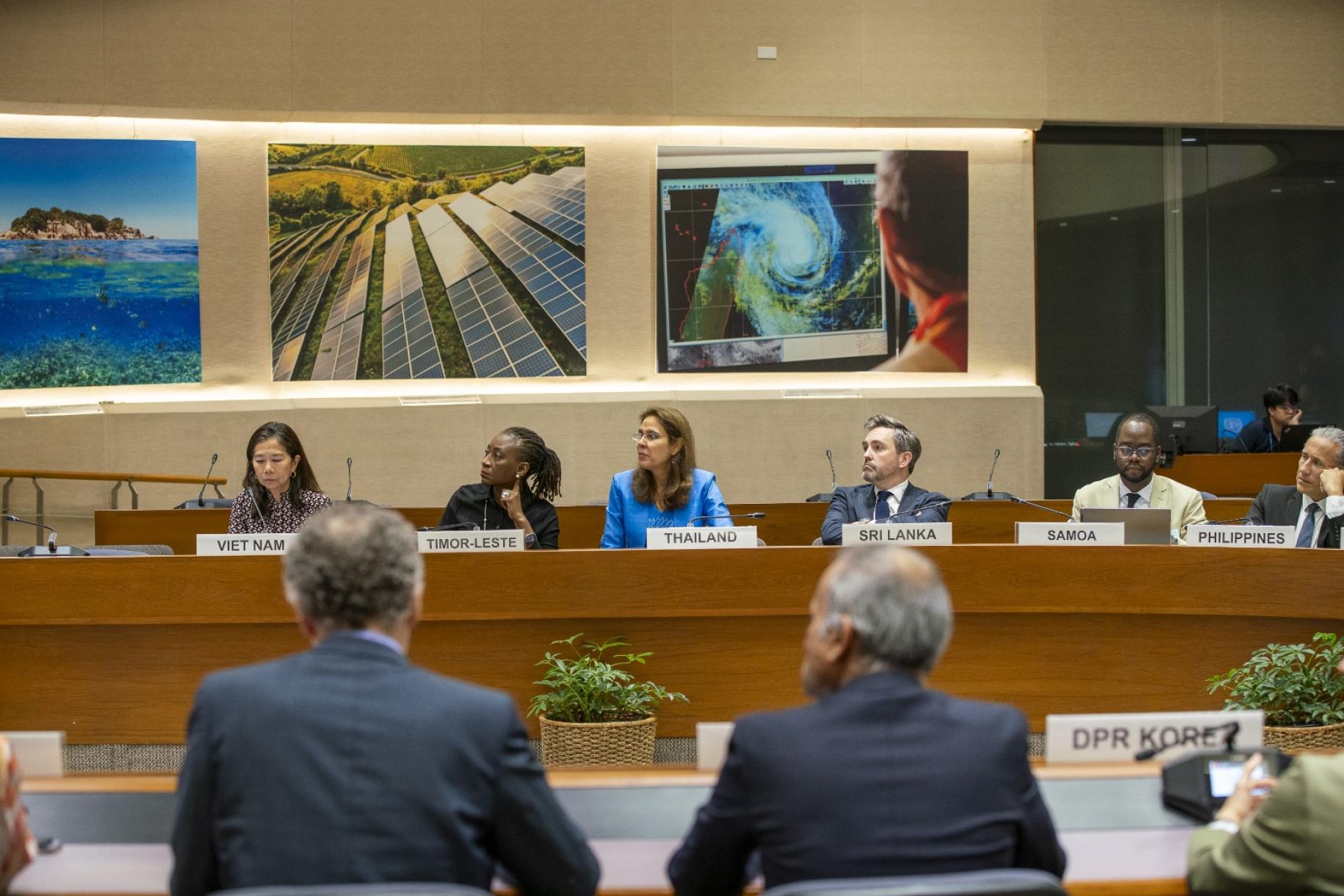
The Philippines is ready to harness its growing population, but it faces unique challenges and opportunities. The Resident Coordinator Gustavo Gonzalez is addressing these issues and underscoring the importance of timely interventions.
The Resident Coordinator in India Shombi Sharp highlighted the fashion industry's environmental impact. He is championing circularity in waste management within the textile industry, addressing the sector’s contribution of 8 per cent of global greenhouse gas emissions.
In Bangladesh, disaster preparedness is crucial. Resident Coordinator Gwyn Lewis has utilized the Anticipatory Action and Early Warning for All (EW4All) initiative to enhance collaboration and build a stronger relationship between the government and the UN. This effort significantly contributed to dialogues on disaster preparedness and policy changes.
Technology plays a key role in Micronesia, where Resident Coordinator Jaap Van Hierden has led efforts on digital transformation policies and smart island-related work. He emphasized the transformative potential of technology for advancing sustainable development in the region.
Similarly, sustainable development takes an innovative turn in Bhutan with Resident Coordinator Karla Hershey's application of “Six Transitions: Investment Pathways to Deliver the SDGs” and their corelated “engine room actions” to support the country's Mindfulness City vision. This initiative showcases how creative approaches can contribute to achieving the SDGs.
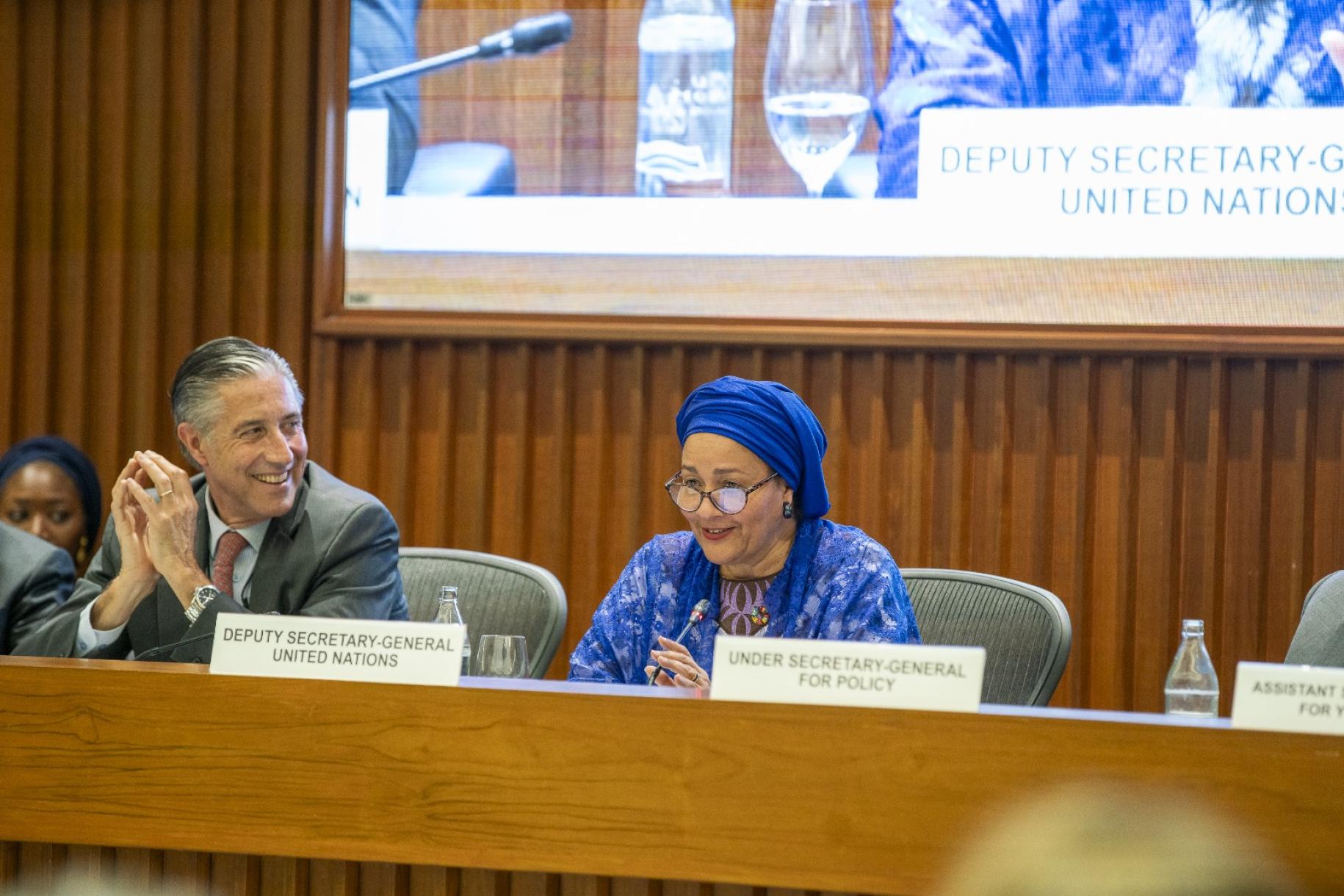
In Lao PDR, Resident Coordinator Bakhodir Burkhanov has championed the government's keen interest in embracing the "six key transitions, recognizing that achieving progress requires prioritizing and maximizing efforts.
Across the Pacific Ocean in Samoa Resident Coordinator Themba Kalua spearheads a comprehensive approach to tackling a major health challenge. He has championed an integrated approach to address Non-Communicable Diseases (NCDs), emphasizing a “whole-of-government” and “whole-of-society” approach.
In conclusion, Ms. Mohammed commended the Resident Coordinators for their exemplary efforts in driving SDG priorities across diverse contexts. She noted that UN Resident Coordinators across Asia-Pacific are demonstrating remarkable leadership and innovation in their pursuit of a more sustainable future. Their diverse approaches and collaborative spirit offer valuable lessons for the global community as we strive to achieve the SDGs by 2030.



